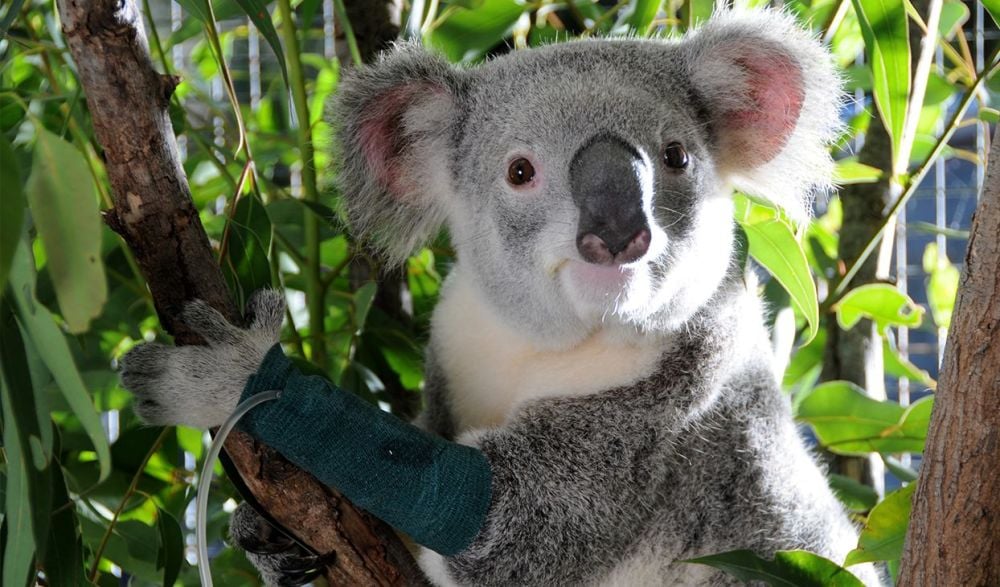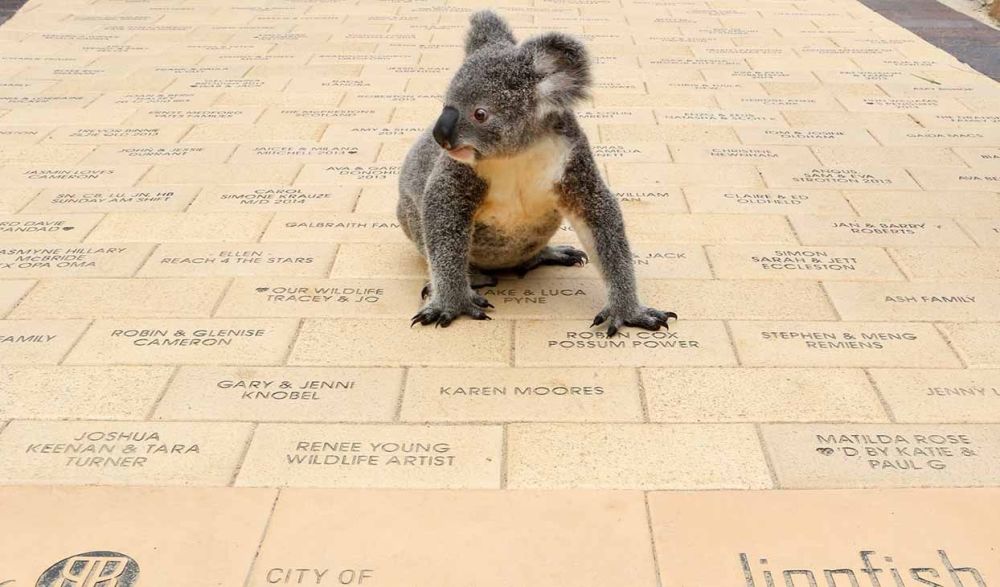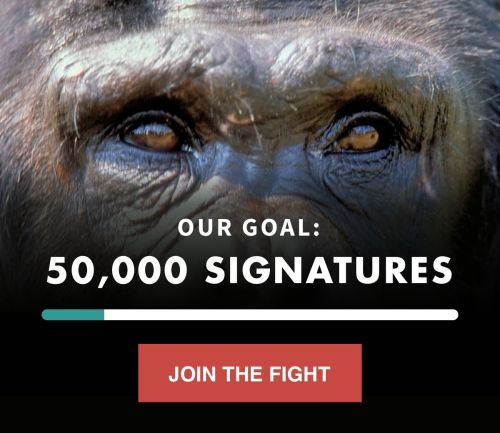Currumbin Wildlife Hospital in Australia helps wildlife in wildfires and drought, including koalas
Posted on
|
Did you know that the National Trust is helping its partner, the National Trust of Australia, to help Australian wildlife recover after the terrible bushfires in Australia? A lot of the animals climb trees to escape the flames below - and when they get down again, they get serious burns on their feet. They need treatment and regular bandage changes for months, food and water. And a big challenge facing the hospital and sanctuary is that there is no home for the animals to return to when they are better - it has been destroyed by fire. They are helping to raise awareness of the Currumbin Wildlife Hospital, which is caring for many animals with burns and dehydration. As a result of the drought and wildfires, the Currumbin Wildlife Hospital has experienced about a 20% increase in admissions from in and around the fire zones. They are working to treat, rehabilitate and release wildlife – wildlife who are sick, injured and orphaned.
In 2019, over 12,000 animals were admitted to the hospital – including 600 koalas.
Visit the Currumbin Wildlife Hospital’s website here.
|

 Buy a Walkways for Wildlife
Buy a Walkways for Wildlife © African Wildlife Foundation
© African Wildlife Foundation